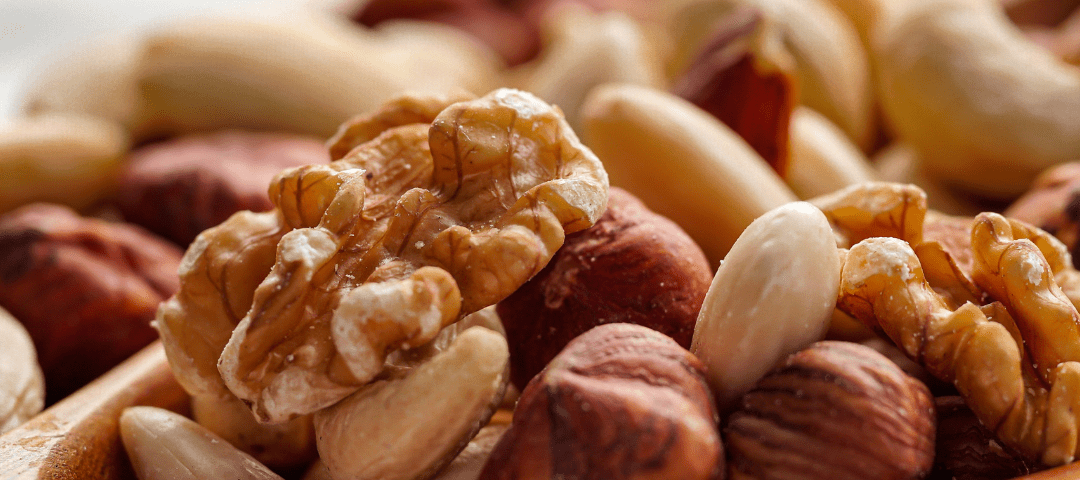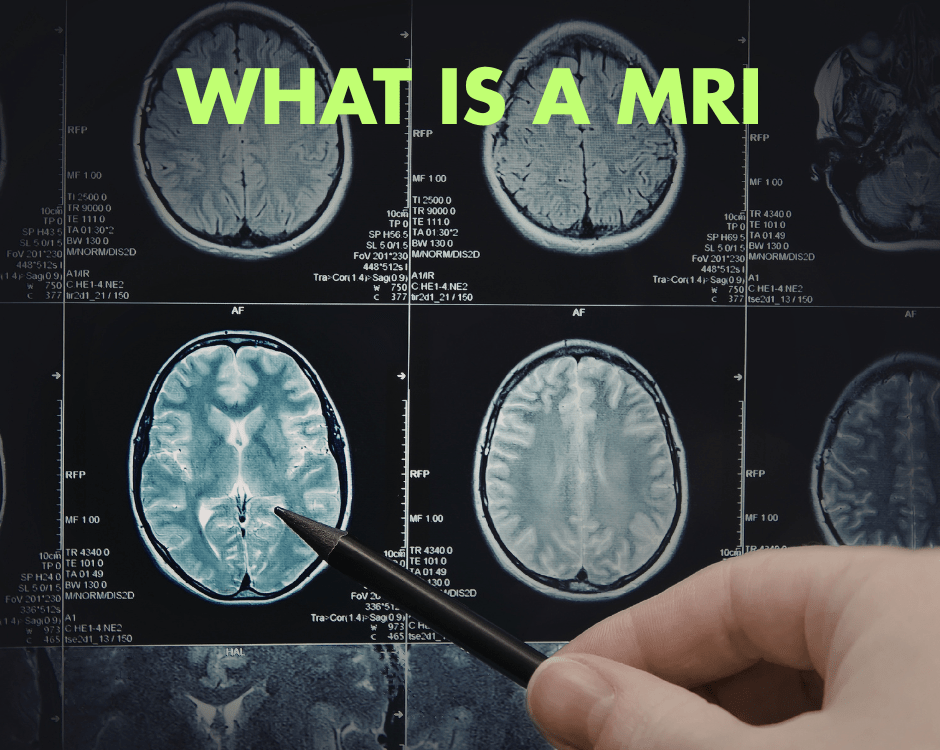Nuts vs Chips

Osteoarthritis and Movement
September 16, 2024
NCV and EMG Testing After a Car Accident
September 16, 2024- Accident doctor
- accupuncture
- airplane headache
- alzheimer's
- best habits
- Brain Injuries
- car accident
- car accidents
- cervical strain
- colds
- concussion
- Concussions
- disc bulge
- dosage meds
- dry needling
- dull pain
- E bike injuries
- florida
- good posture
- headaches
- Headrest positions
- Headrest positions after an accident
- Healthy choices
- Healthy flying
- healthy gift guide
- Healthy SPring Ideas
- hip pain
- hyperextension
- injury doctor
- insurance
- Kayaking
- kentucky
- kids motion sickness
- lifestyle
- motion sickness
- neck injury
- no fault insurance doctor
- noise healing
- osteoporosis
- pain symptoms
- pink noise
- posterior chain
- posture
- prevent osteoporosis
- Rest
- Scoliosis
- shoulder pain
- Stress with kids after a motor vehicle accident
- TBI
- tips
- tmj
- torn muscle
- Traumatic Brain Injury
- trigger points
- VitaminD
- What are Post Traumatic headaches?
The Value of Nuts vs. Chips as a Snack
When it comes to snacking, it is easy to grab a bag of chips. They are crunchy, salty, and can be bought just about anywhere. Have you ever thought about swapping your chips for a handful of nuts?
Dr. Aaron Workman of Chambers Medical Group, one of the highest rated car accident medical care programs in Kentucky, is also a parent and speaks candidly about the value of nuts versus chips. On a recent mountain bike adventure, the trip back home involved some snacking, and my son was eating a bag of hot fries. I offered him a snack bag of spicy pistachios and told him these would give him more bang for his bite. He was thankful and it kept him from eating a whole bag of chips. While chips might be tasty, nuts pack a lot more benefit to your body. Let us break down the differences and explore why nuts could be the better choice.
1. Nutritional Value
The biggest difference between nuts and chips lies in their nutrition. Chips, especially potato chips, are often high in empty calories, which is like filling your gas tank up with water and expecting your car to run. Most chips are fried in oil, making them high in unhealthy fats, and loaded with salt, which is not ideal for your heart.
Nuts, like almonds, walnuts, and cashews, are rich in nutrients. They provide healthy fats, protein, fiber, vitamins, and minerals. These nutrients help with everything from building muscle to supporting brain function. That extra value of nutrition will allow your body to work better for a longer time.
2. Good vs. Bad Fats
The fats in chips are often unhealthy like trans fats or saturated fats. These types can raise your cholesterol levels and your risk of heart disease. When the chips are being made, the frying process gives the bad fats. It makes them taste great, but they are still a bad choice for a daily snack.
Nuts, on the other hand, are full of heart-healthy fats, mostly unsaturated fats. These fats help lower bad cholesterol and can improve heart health. Studies have shown that eating nuts regularly can reduce your risk of heart disease. So, while both snacks contain fat, the fats in nuts are much better for the body.
3. Protein Power
This nutrient is a key part of a healthy diet, helping to build and repair tissues and muscles. I often advise patients to ensure their protein intake throughout the day to help in the healing process. Nuts are packed with protein, making them a great snack for staying full and energized.
Chips, on the other hand, have very little protein, leaving you hungry again shortly after eating. For example, a handful of almonds contains around 6 grams of protein, whereas most chips contain almost none. This means nuts help keep your energy levels steady, while chips can lead to a quick spike in energy then the crash.
4. Fiber
Fiber is another important nutrient usually missing in chips. Fiber helps you feel full and supports healthy digestion. Nuts are a great source of fiber, which means they can keep you satisfied longer, helping you avoid overeating.
The low fiber content in chips often leaves you wanting more, which is why it is easy to eat an entire bag in one sitting. Nuts, because of their fiber and protein, are more filling, helping you control how much you eat.
5. Energy Without the Crash
While chips may give you a quick energy boost due to their carbs and fat, the effect does not last long. This can cause a spike in blood sugar followed by a crash, leaving you feeling tired and sluggish.
As mentioned previously, nuts release energy slowly because of their protein and healthy fats. This steady release of energy helps you feel full and focused for longer, making them a much better snack for keeping you focused throughout the day.
As with everything in life, moderation is key. There are times when I may crave potato chips, and I will indulge myself. I do understand what is better for me, so I try to go with nuts more often than chips. Next time you are looking for a snack, skip the chips and grab some almonds or cashews. From a health standpoint you would be nuts not to.
— This article is written by Aaron Workman, DC, one of the members of Chambers Medical Group’s team of car accident chiropractors who offer a variety of treatments and therapies ranging from diagnostic testing to various soft tissue therapies for car accidents and injuries in Kentucky.
- Car Accident Medical Clinic in Tampa
- Car Accident Medical Clinic in Plant City
- Car Accident Medical Clinic in Brandon
- Car Accident Medical Clinic in Lakeland
- Car Accident Medical Clinic in Sarasota
- Car Accident Medical Clinic in Louisville
- Car Accident Medical Clinic in Lexington
- Car Accident Medical Clinic in Florence




